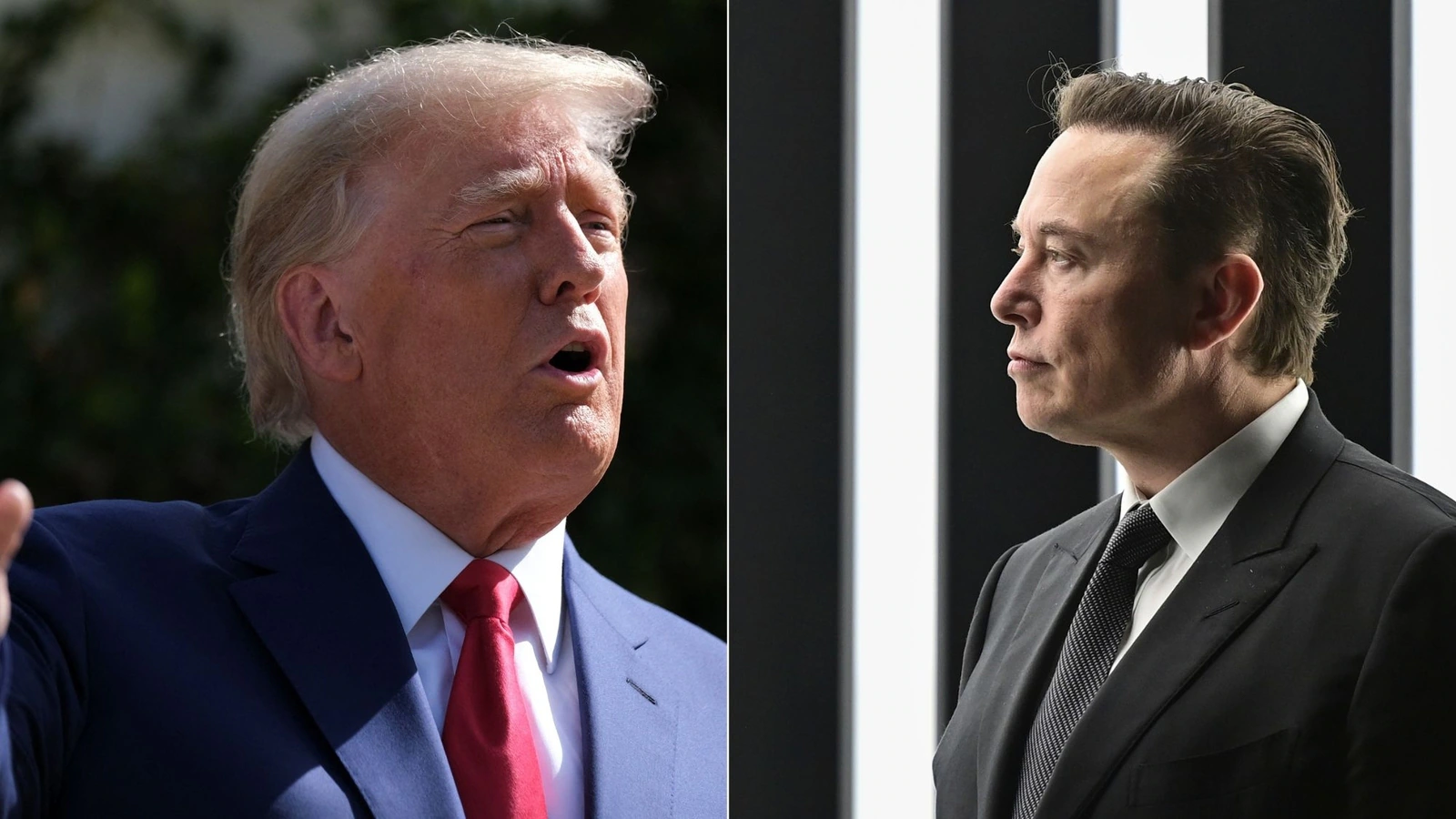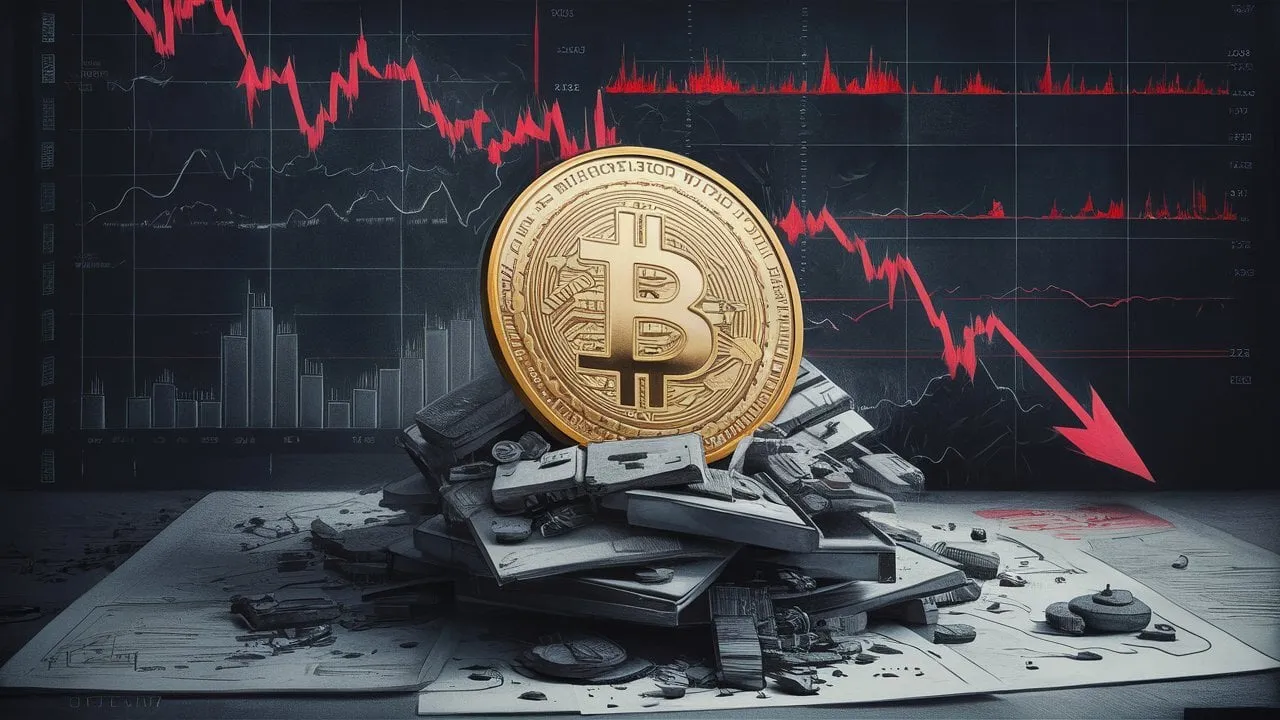The 2024 U.S. presidential elections are already heating up with debates, campaign promises, and public endorsements. Amid the flurry of political commentary, Elon Musk’s recent statements about the upcoming election have sparked significant controversy. Musk, the billionaire entrepreneur behind companies like Tesla, SpaceX, and X (formerly Twitter), has been known for his bold and often provocative remarks. However, his latest claim—that “if Trump is not elected, this will be the last U.S. election”—has sent shockwaves across social media and political circles alike.
Breaking Down the Bold Claim: Why It Matters
Elon Musk’s influence extends far beyond the realms of technology and innovation. His remarks on political affairs carry weight, not only because of his wealth and status but because of his massive social media following. With over 150 million followers on X, his comments have a reach that few public figures can match. Musk has become a vocal figure in politics, especially in the context of free speech, regulation, and government overreach—key themes that align with the Trumpian narrative. But what exactly did Musk mean by claiming that the 2024 election might be the last if Trump isn’t elected?
This cryptic yet ominous statement suggests Musk’s concerns about growing federal control, particularly in the areas of free speech and regulatory power. He has repeatedly expressed frustration over government regulations that he believes stifle innovation and entrepreneurial freedom. Additionally, Musk’s ownership of X has drawn him closer to political discussions on censorship, with Musk consistently advocating for less government involvement in controlling online discourse.
The Political Climate That Fueled Musk’s Statement
To understand the context behind Musk’s statement, it’s essential to consider the political backdrop of the 2024 U.S. elections. The U.S. has seen increasing political polarization, with both major parties accusing each other of threatening the democratic process. The Trump administration (2016-2020) was marked by divisive rhetoric, accusations of media bias, and a significant distrust of electoral processes, especially after the 2020 elections. While Trump remains a central figure in the Republican Party, his base often expresses concern over the future of free speech, regulation, and censorship—topics that Musk has been outspoken about.
Musk’s alignment with the conservative perspective became evident when he criticized the Biden administration and its approach to energy, regulation, and technology. For instance, Musk has criticized President Joe Biden’s policies on electric vehicles, even though Tesla is a leader in this market. His critiques, rooted in what he sees as government overreach, seem to resonate with Trump’s base, who are concerned about increasing government control.
Musk’s Growing Role in Politics
It’s worth noting that Musk’s foray into political commentary isn’t entirely new. He has become an increasingly political figure in recent years, using his platform to comment on issues ranging from freedom of speech to government regulations. His acquisition of X has further solidified his role as a major player in the information space, making him one of the most prominent voices in debates surrounding censorship, free speech, and political discourse.
During his tenure at X, Musk has made sweeping changes aimed at promoting free speech, including scaling back content moderation policies that many viewed as biased against conservative voices. Musk’s vision for X appears to be one of an open platform where ideas, no matter how controversial, can be shared without the interference of heavy-handed moderation—an approach that aligns with Trump’s criticisms of “Big Tech” censorship.
His warning about the 2024 elections may reflect these concerns. Musk has long been a critic of centralized authority, and his statement could be seen as a reflection of his fears that the U.S. is heading toward increased control over public discourse and personal freedoms. His words have sparked debates about whether such fears are grounded in reality or if they are part of a broader campaign to rally support for Trump’s re-election bid.
What Could Musk’s Prediction Mean for Future Elections?
Musk’s statement raises some serious questions about the future of U.S. elections and the democratic process. If Trump is not elected, what does Musk foresee as the future of American democracy? There are several possibilities:
- Increased Government Control: Musk’s concerns may revolve around the government’s growing influence over technology, media, and public discourse. Under the Biden administration, there have been increased calls for regulating platforms like X, Facebook, and Google, particularly when it comes to controlling misinformation and harmful content. Musk, who opposes such regulation, may be warning that if Trump is not re-elected, this type of control will only increase, ultimately threatening the democratic process.
- Censorship and Free Speech: Musk has been outspoken about his belief that social media platforms have too much power when it comes to controlling what information is available to the public. His fears may be rooted in the idea that without Trump’s leadership, platforms could return to stricter censorship policies, thereby limiting the flow of free information during future elections.
- Election Integrity: Another possible interpretation of Musk’s statement is related to election integrity itself. Musk may be implying that if Trump is not elected, the country could see a breakdown in fair elections. This view is in line with some conservative voices who have raised concerns about voter fraud and manipulation in previous elections.
- Tech and Political Influence: Musk’s concern also appears to extend to the role of technology in shaping public opinion. As the CEO of X, Musk has a unique perspective on how social media platforms can influence election outcomes. His comments could be a warning about the potential for increased government oversight or intervention in how these platforms operate during elections.
Public Response: A Divided Audience
Musk’s comments have, unsurprisingly, drawn a mixed reaction. On platforms like Reddit and Quora, users are split on the implications of his statement. Some view it as an alarmist and exaggerated take, while others believe Musk is pointing out legitimate concerns about the future of free speech and government control.
On one hand, Musk’s critics argue that his statement reflects his privileged position as a billionaire who has the means to voice controversial opinions without fear of repercussions. They suggest that Musk’s focus on free speech is driven more by his business interests (particularly with X) than any genuine concern for the public good.
On the other hand, supporters argue that Musk’s position allows him to see the bigger picture when it comes to issues like government overreach and censorship. They view his comments as a necessary wake-up call to the dangers posed by unchecked government power, especially in the context of future elections.
Musk’s Personal Experience with Government Regulation
Musk’s statement can also be understood in the context of his personal experiences with government regulation. As the CEO of multiple high-profile companies, including Tesla and SpaceX, Musk has frequently clashed with government agencies over issues like environmental regulations, labor laws, and federal oversight.
For example, Musk’s relationship with the Securities and Exchange Commission (SEC) has been fraught with tension. In 2018, the SEC filed a lawsuit against Musk over his infamous tweet about taking Tesla private, accusing him of misleading investors. The legal battle ended with Musk stepping down as chairman of Tesla’s board, but his frustrations with government interference have persisted.
Similarly, Musk has faced regulatory hurdles with SpaceX, particularly when it comes to environmental regulations and the FAA’s oversight of rocket launches. These experiences have likely contributed to his broader concerns about government control, and may explain why he views Trump’s election as a pivotal moment for the future of U.S. governance.
Whether Musk’s statement should be taken as a genuine warning or political posturing is up for debate. What is clear, however, is that his comments reflect a growing sentiment among certain segments of the U.S. population who are concerned about the future of free speech, government regulation, and election integrity.
As the 2024 election draws nearer, it will be important to watch how Musk’s influence continues to shape political discourse, particularly on platforms like X. Whether his warnings come to pass or not, one thing is certain: Elon Musk will remain a central figure in the debates surrounding the future of American democracy.





